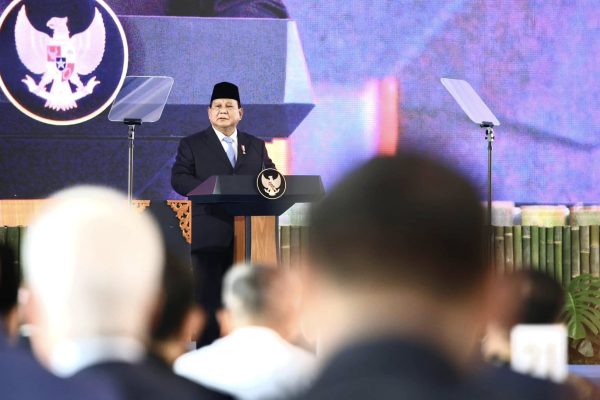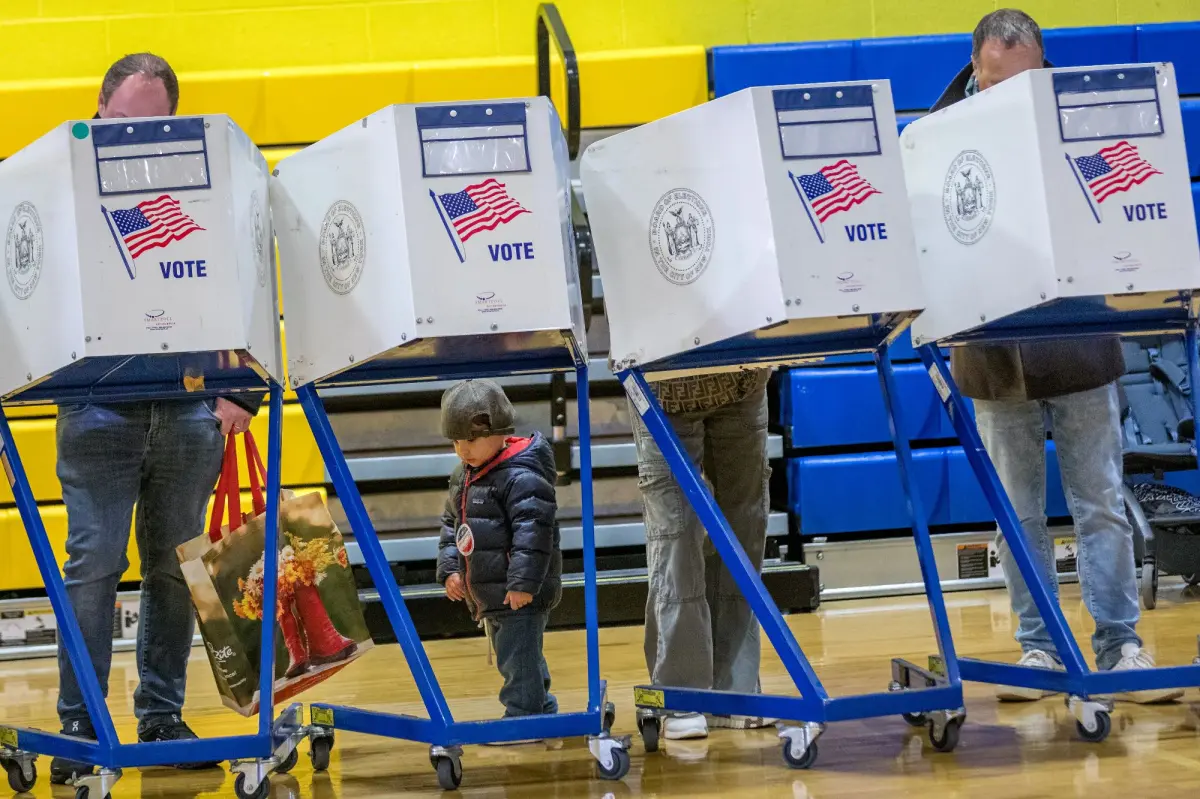Copyright thediplomat

Indonesia’s current president, Prabowo Subianto, took power exactly one year ago. He won his country’s election on a swathe of grand economic promises, including achieving 8 percent annual growth, total energy self-sufficiency, and even eliminating extreme poverty. Now that the dust has settled, “Prabowonomics” in practice suggests something less visionary: a command-and-control-style approach to economic management that is rattling investors and straining the country’s finances. In pursuit of his ambitious goals the former general has committed to a series of mega-programs directing the state from atop as if it were a military platoon. Nowhere is this more evident than with Danantara, Indonesia’s newly minted sovereign wealth fund. It comprises the country’s three largest state banks and several state-owned enterprises, with the goal being to guarantee investment in – and control of – key sectors, especially energy. The government claims that the fund manages assets worth over $1 trillion. If true, that would make it half of the value of Norway’s state investment vehicle, often considered the world’s most successful. Notably, its leadership is dominated by active politicians who report directly to the president himself, bypassing the Ministry of Finance. Four leading Indonesian tycoons have recently pledged support to the fund, but a perceived lack of transparency and independence has dampened enthusiasm in some quarters. Following the fund’s inauguration in February, the Jakarta Composite Index dropped, and the fund has had trouble attracting foreign capital. A meager 2 percent coupon on its most recent call to investors has not assuaged skeptics. The president has an “instinct to control rather than enable,” said Andree Surianta, a researcher at the Australian National University’s Centre for Indonesian Policy Studies, and this “weakens investors’ trust in the long-term prospects of the Indonesian economy.” The same impulse is on display in the government’s flagship free meals program. Prabowo identified stunting among children as a key development challenge, and the state was duly ordered to intervene. The president has promised to feed over 80 million schoolkids, but by the end of May, fewer than 4 million had benefited. There have also been alarming reports of food poisoning. Observers blame improper planning, but military involvement has not helped. The project’s aims have attracted positive international attention, and the government is confident it can deliver. But fiscal guardrails have been ditched, which may be hurting the country’s appeal as a destination for safe investment. A colossal $10.2 billion was set aside this year, with plans to nearly double it in 2026, despite faltering tax receipts. Investor anxiety has shown in both currency and bond markets. The rupiah has weakened significantly since last October, and even reached an all-time low against the U.S. dollar in April. Another dip last month prompted the central bank to intervene. Meanwhile, investors dumped $1.9 billion in government bonds, the largest such sell-off in three years. To make matters worse, Prabowo last month fired his finance minister, Sri Mulyani Indrawati, a former top World Bank executive who had been kept on from the previous administration to reassure international investors. Exactly why she was removed is unclear, but it is likely that she and the president no longer saw eye-to-eye on the government’s fiscal program. In other words, she threatened insubordination. Prabowo’s determination for the state to have a powerful position in the Indonesian economy may reflect his army background. But if the president continues to insist on running the economy like a military operation, he may find that markets, unlike soldiers, do not take orders.



